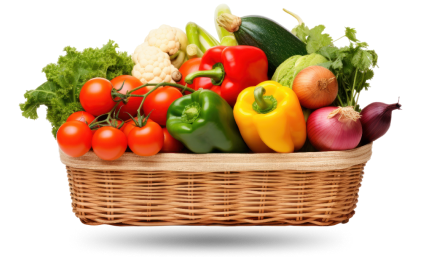The Science Behind the Freshness
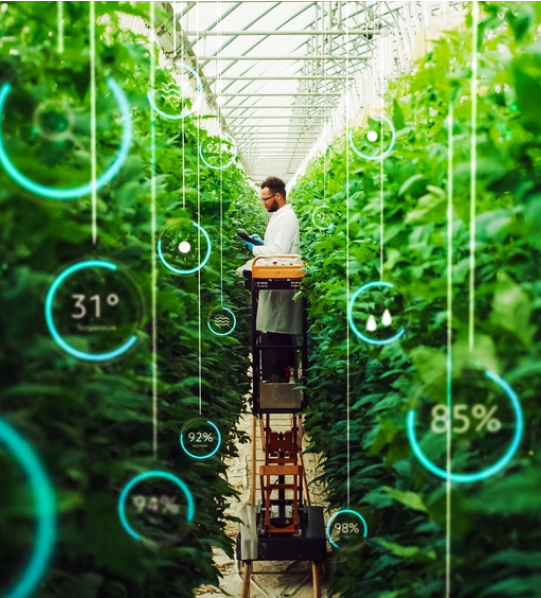
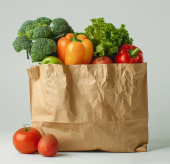
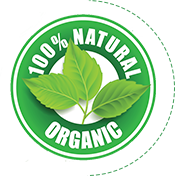
Why?
Why Farm Tech Matters
Traditional farming is constrained by land, soil fertility, seasons, and weather. These factors often lead to:
- Unpredictable yields
- Pesticide use
- Nutrient loss — during long supply chains
AnnPriya’s technology overcomes these limits. By growing indoors, without soil, and with precision control, we create a closed-loop farming system that delivers consistent, superior results.
About Farm Tech
At AnnPriya, freshness isn’t an accident. It’s engineered. Our members don’t just eat vegetables — they experience the results of cutting-edge vertical farming, hydroponics, and aeroponics.
This page takes you into the greenhouse, explaining how our food is grown, why our methods are better, and how they shape the future of sustainable farming.
Vertical Farming: Maximizing Space, Minimizing Waste
Vertical farming is exactly what it sounds like — crops grown in stacked layers rather than spread across fields.
How It Works
- Plants are grown in trays, stacked floor-to-ceiling inside climate-controlled units.
- LED lights replicate natural sunlight with optimized wavelengths for photosynthesis.
- Sensors track temperature, humidity, and CO₂ levels.
Benefits
- Space Efficiency: We grow more food in 15,000 sq. ft. than a traditional farm would in 10 acres.
- Consistent Yields: Every tray receives the same level of light and nutrients.
- Zero Soil Dependency: Eliminates soil-borne pests and reduces the need for pesticides.
Why It Matters to Members
Vertical farming allows us to guarantee year-round supply — your lettuce doesn’t stop growing because the season changes.
Hydroponics: Food Grown in Water
Hydroponics is farming without soil. Instead, plants grow directly in water enriched with organic nutrients.
How It Works
- Roots are submerged in nutrient solutions.
- Pumps circulate water continuously, ensuring steady oxygenation.
- Excess water is captured and recycled.
Benefits
- 90% Less Water: Compared to soil farming, hydroponics is radically efficient.
- Faster Growth: Plants absorb nutrients directly, reducing growth cycles.
- Cleaner Produce: No soil means no risk of pathogens or grit.
Why It Matters to Members
Hydroponic produce is consistently crisp and nutrient-dense. Spinach, lettuce, and cucumbers grown this way are fresher, sweeter, and last longer in your fridge.
Aeroponics: The Future of Farming
Aeroponics is farming at its most futuristic. Plants don’t grow in soil or water, but with their roots suspended in air.
How It Works
- Roots hang freely in a controlled chamber.
- Nutrient-rich mist is sprayed at timed intervals.
- Sensors monitor root health and nutrient absorption.
Benefits
- High Nutrient Density: Roots absorb oxygen more efficiently, producing antioxidant-rich plants.
- Resource Conservation: Uses even less water than hydroponics.
- Disease Resistance: Eliminates soil-based pests and pathogens entirely.
Why It Matters to Members
Aeroponically grown basil, mint, and microgreens carry intensified flavors and higher nutritional value.
Advantage
The Controlled Environment Advantage
All three methods thrive inside our state-of-the-art greenhouse.

Climate
Temperatures are kept within ideal ranges for plant growth, regardless of season.
Control
LED
Mimics natural sunlight while reducing energy use.
Lighting
CO₂
Balanced levels accelerate photosynthesis.
Optimization
AI
Sensors feed data into smart systems that adjust growing conditions in real time.
Monitoring
This ensures every harvest is identical in quality — crisp, safe, and nutrient-rich.
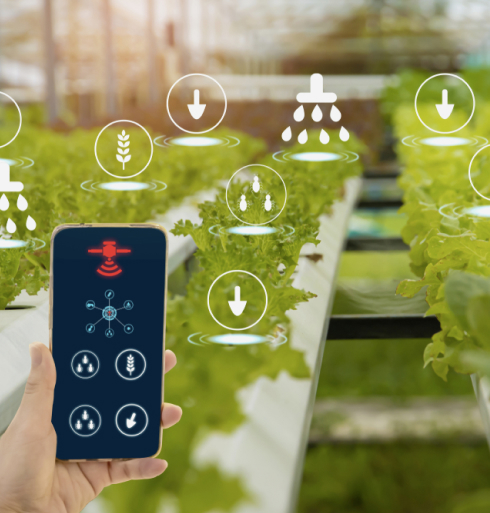
100%
pesticide
free
90%
less water
used
?
Faster growth
cycles
?
Free from pollutants and soil contaminants
Organic
Compared to Market “Organic”

Truly same-day
delivery

No nutrient loss
in transit
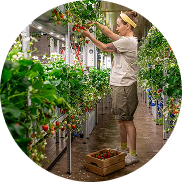
Full transparency and traceability
Testimonials

Ramesh
AnnPriya Farm Manager
Kavita
AnnPriya Agronomist
Bindya
Delhi NCR-

%
Water
Saved -

X
Yield per Sq. Ft.
-

%
More Antioxidants
-

Hours
Average harvest to delivery
Faq Us
Frequently Asked Questions About Sustainability
Are hydroponic and aeroponic crops truly organic?
While the traditional “organic” label is soil-based, our methods align with organic principles — no pesticides, no chemicals, and complete sustainability.
Does LED light affect taste?
No. In fact, it enhances photosynthesis efficiency, ensuring crops are consistently flavorful.
Are there risks with water-based systems?
We use filtered, purified water. Closed-loop systems prevent contamination and ensure food safety.
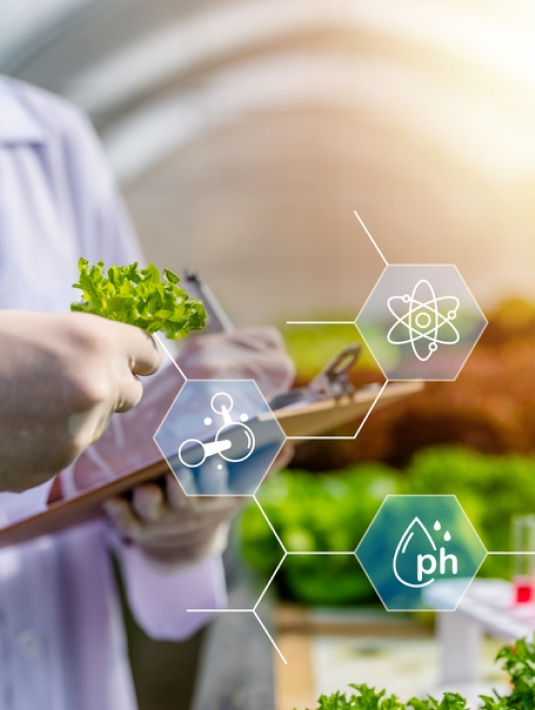


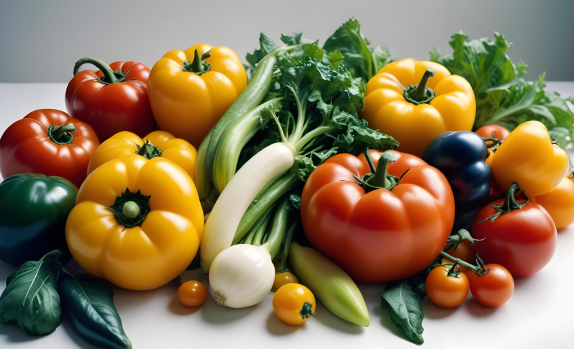
Why Tech Should Matter to You
Every innovation in our greenhouse serves a simple purpose: to bring your family food that is fresher, cleaner, and better for the planet.
By combining vertical farming, hydroponics, and aeroponics, AnnPriya delivers not just vegetables — but the future of farming, today.
